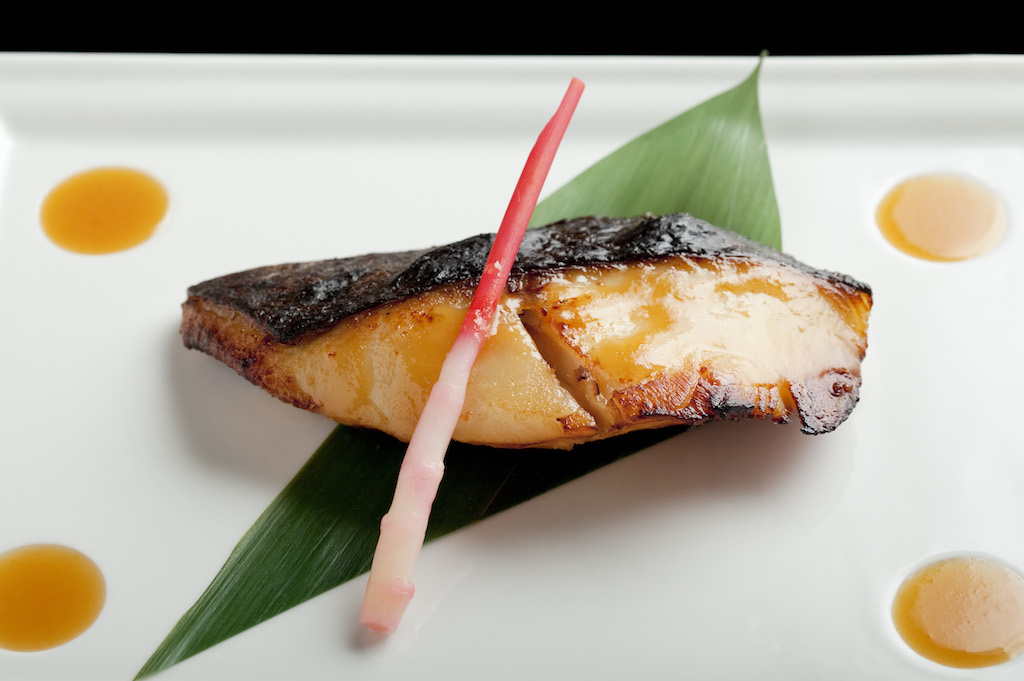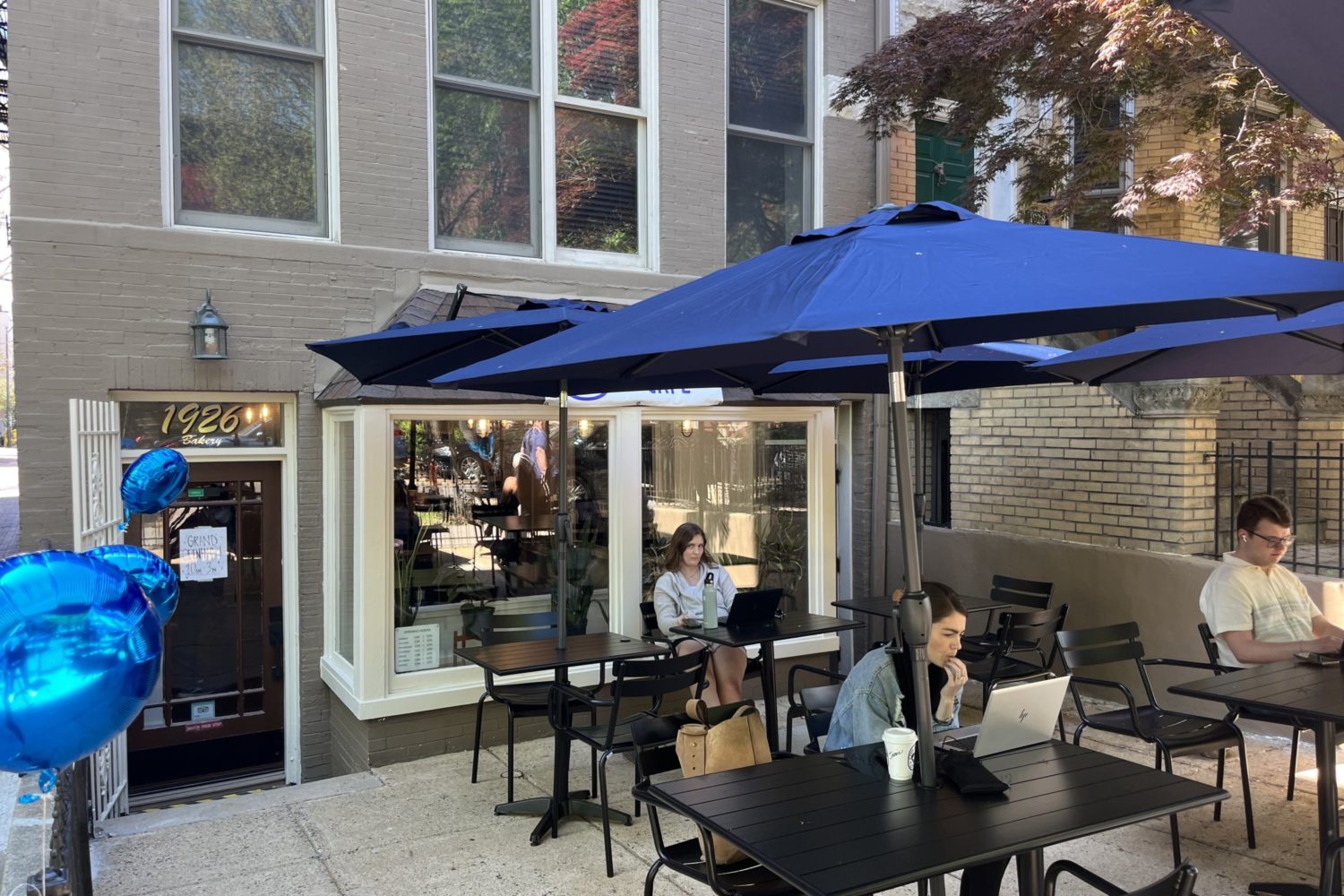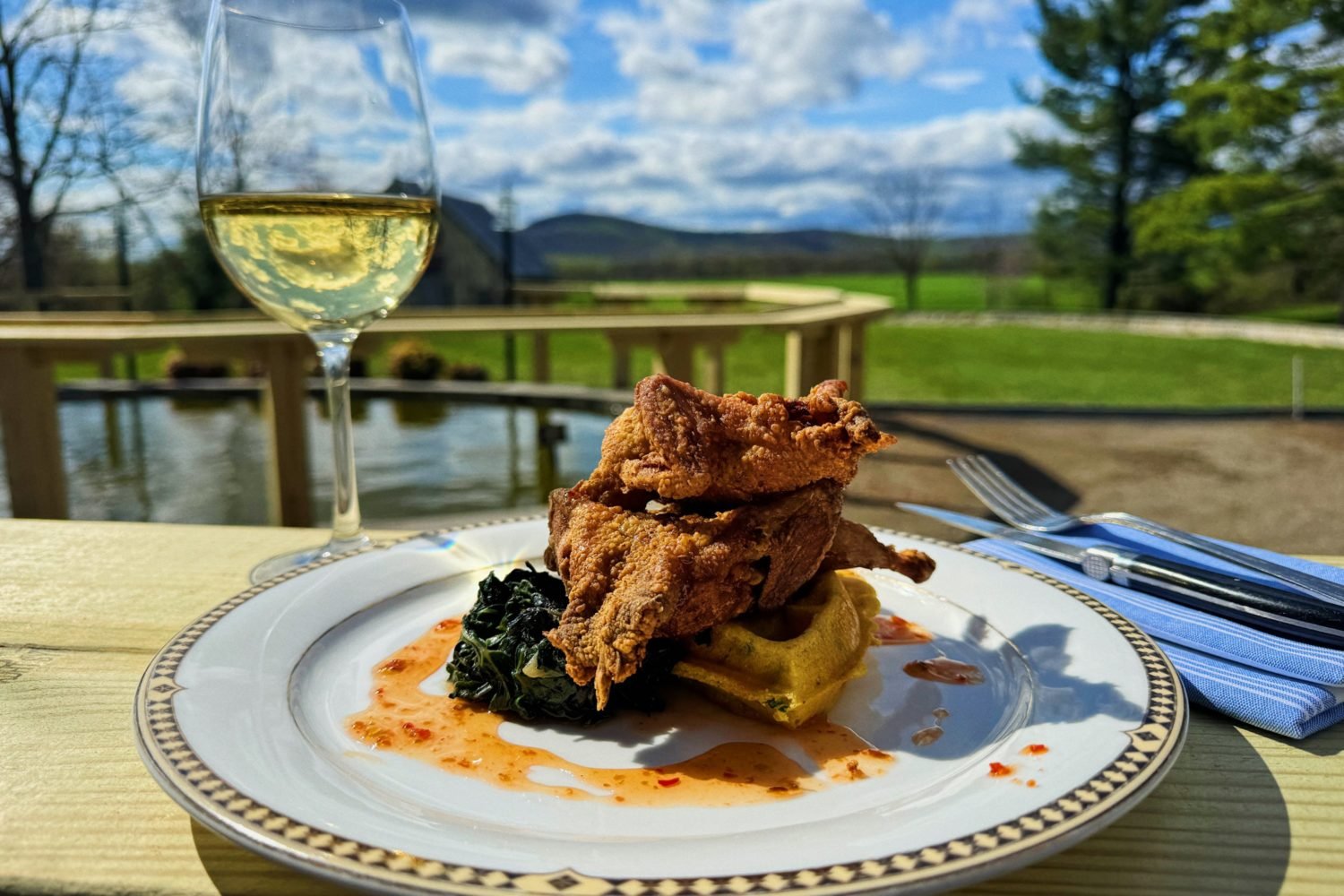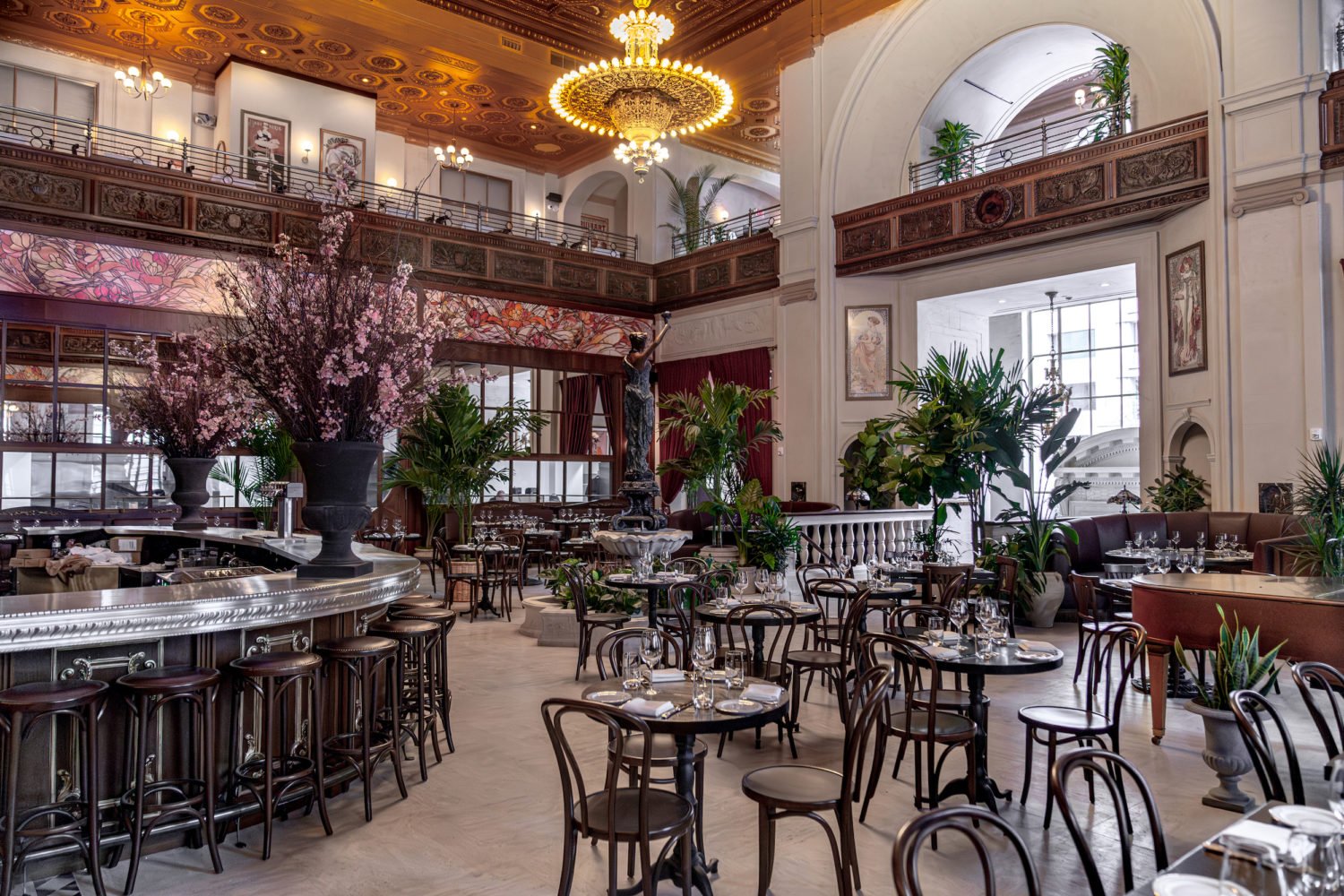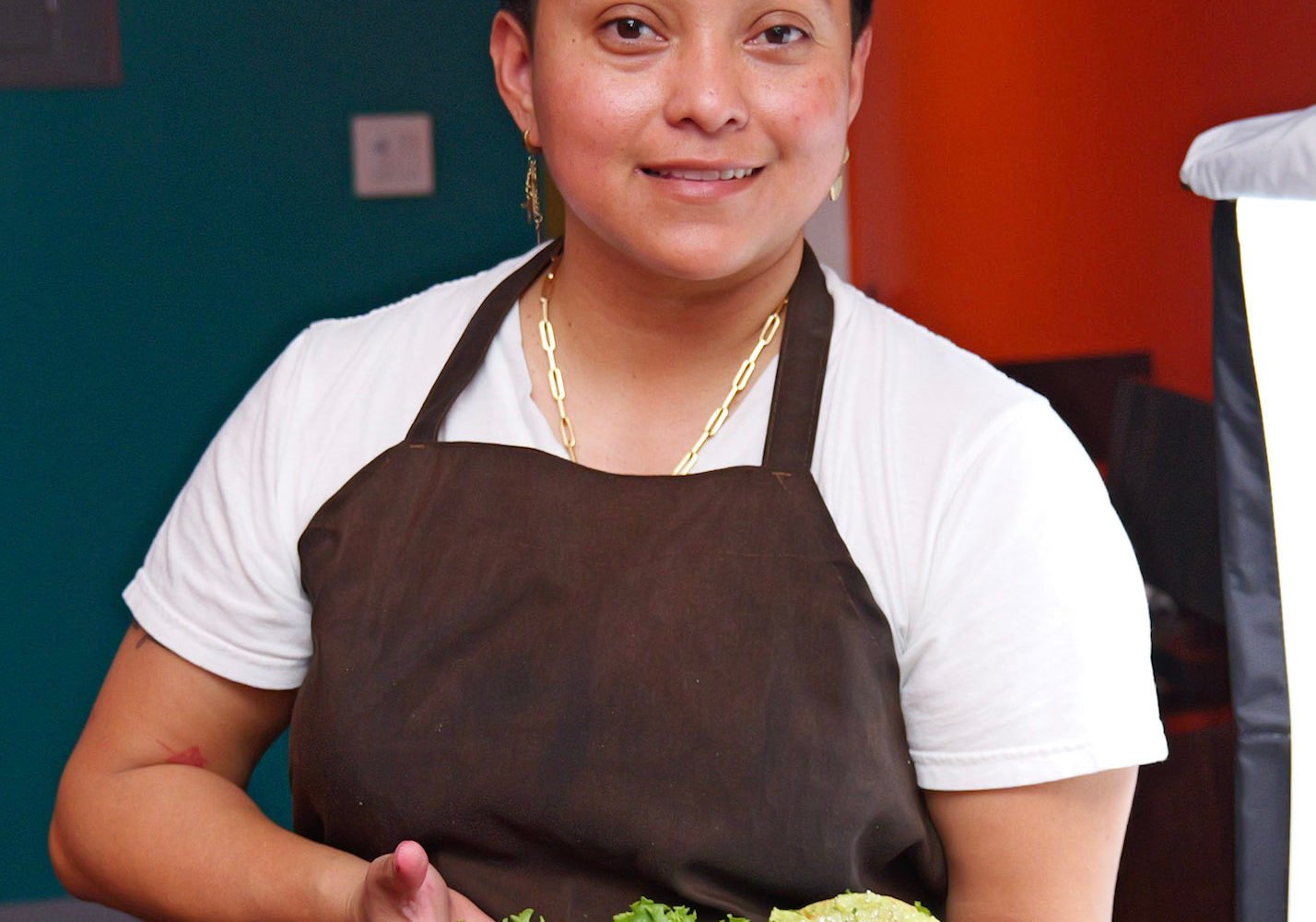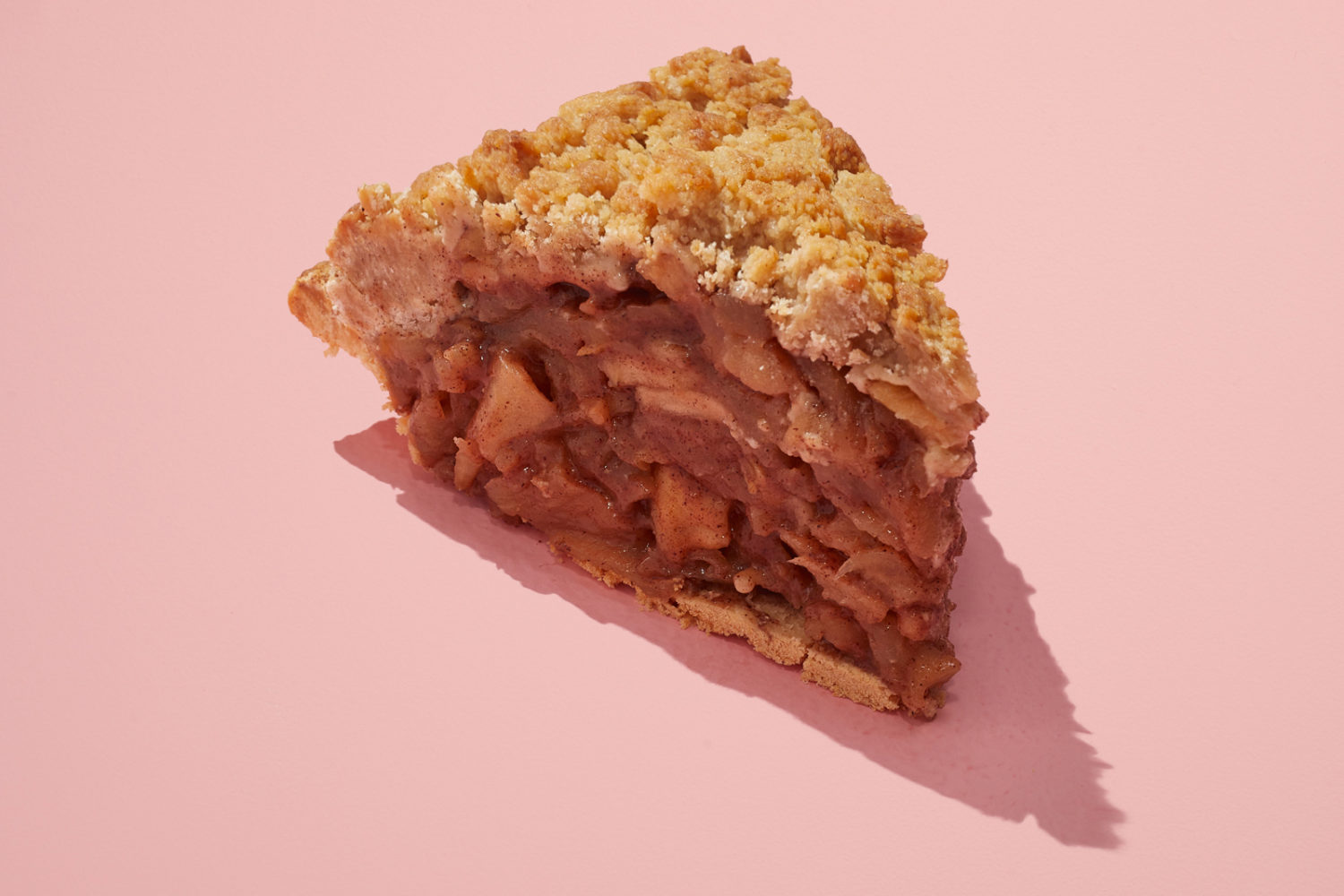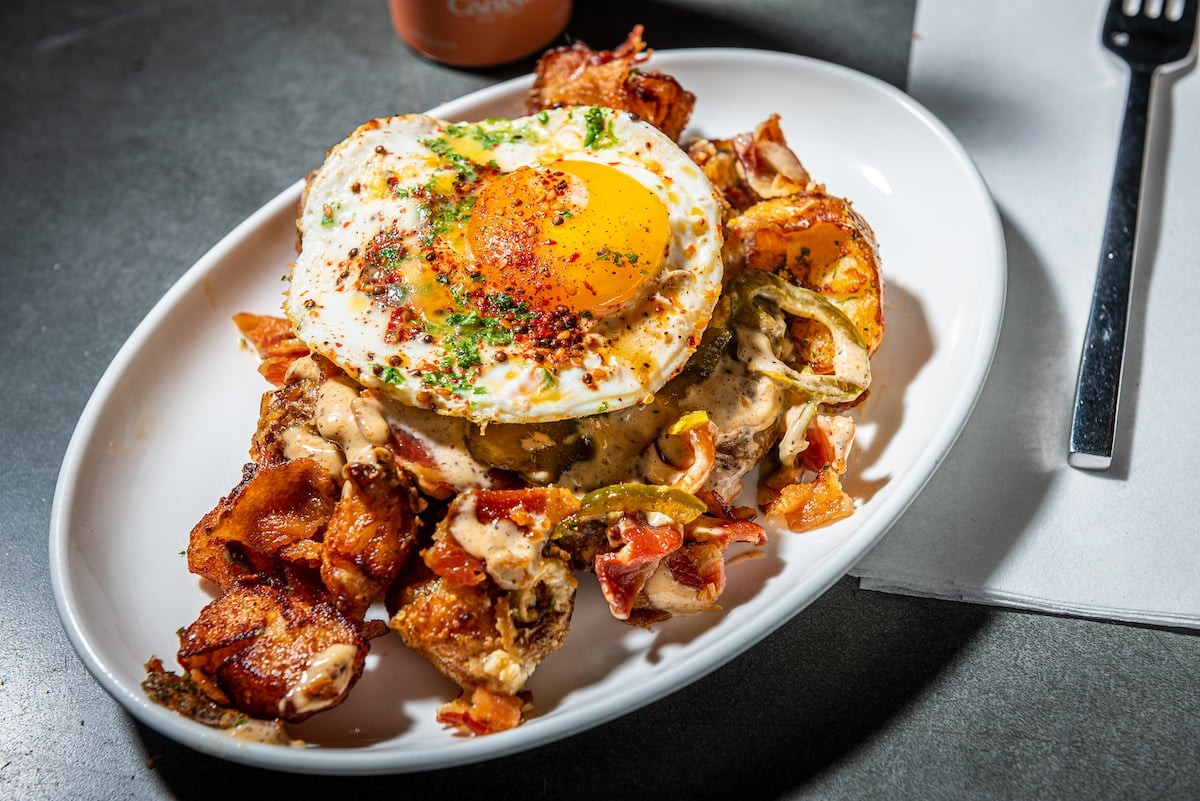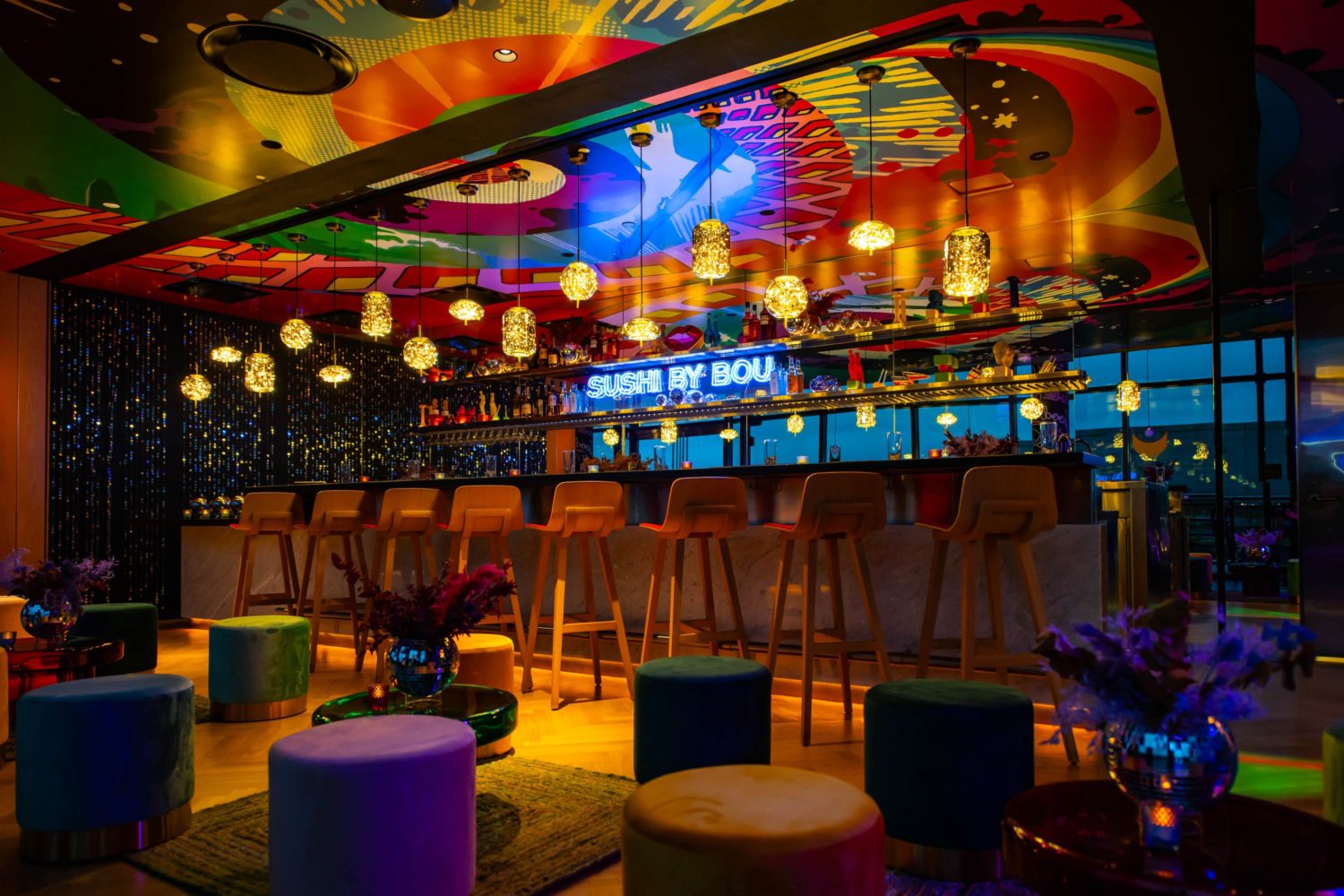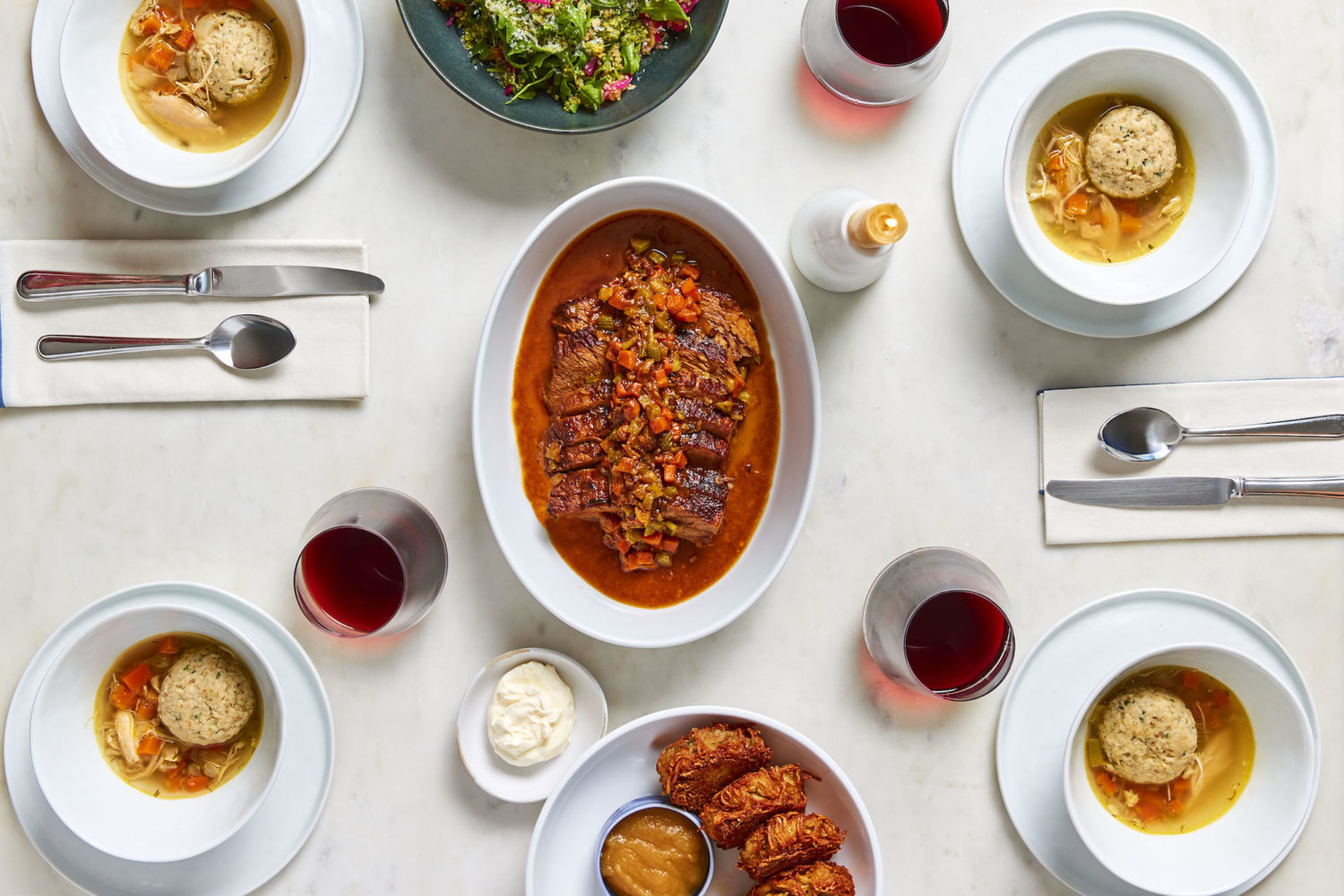International sushi magnet Nobu opens its first-ever location in DC today. The debut of the luxury chain is being heralded by some as another accomplishment for Washington as a restaurant town—a status symbol that we’ve made it.
“Its arrival in the District signals the city’s growing reputation as a food city,” notes the Washington Business Journal. “Other than resort areas such as Honolulu and Las Vegas, only Dallas beat Washington, D.C., to the punch in terms of landing the buzzy restaurant group.”
So what? A few years ago, when DC’s dining scene was just budding, the arrival of a celebrity chef and his umpteenth global venture was embraced as a token of recognition. It signified our rising ranks in the national scene. Now that we’ve found our own foothold as a food city, and a stronger identity, such openings say much less about who we are and where we’re going.
Nobu DC is the 38th outpost for the Japanese conglomerate, launched in New York City in the early 90s by a “cast” (their word) of celebrity founders including actor Robert De Niro, Hollywood producer Meir Teper, and chef Nobu Matsuhisa. The star-powered chain has proven as savvy at generating buzz as its Kardashian regulars. In DC, rumors of an expansion began circulating back in 2014—when Matsuhisa participated in a charity event at the Ritz-Carlton DC—and proliferated as the team met with developers to find just the right place.
“Would D.C. be dubbed cool enough for the restaurant chain that serves as Hollywood’s version of Cheers?” wondered the Washington Post in 2015.
But the restaurant’s ultimate arrival may be more financially motivated than a commentary on hipness. Though Nobu representatives are quick to tout DC’s allure as “an international food town” in their decision to expand (after Dallas), it’s also a boom-town where developers are courting high-profile chefs and restaurateurs with sweetheart deals in order to add panache to new condos and hotels. The restaurant eschewed Georgetown (dubbed “the t-shirt and flop flop crowd,” according to the Post) for West End’s new “luxury community” inside 2501 M. The deal: a cool $10 million buildout—one of the most expensive in DC—paid entirely by PRP Real Estate Investment Management.
Even before construction cranes dotted DC’s skyline, Washington went through a phase when the arrival of celebrity chefs and restaurateurs lent culinary clout. No matter that their restaurants were often less exciting versions of ventures in NYC or Philly, whether that meant hotel steakhouses (J&G by Jean-Georges) or more casual dalliances (West End Bistro by Eric Ripert). Only a few years ago, Washington’s restaurant scene was still emerging, and the presence of an Alain Ducasse felt like a validation. That time, like Ducasse’s hotel restaurant, has come to an end.
Over a dozen big-name operators from out of town currently have places in Washington, many of them repeats or slight spin-offs of pre-existing concepts like David Chang‘s Momofuku CCDC or DBGB by Daniel Boulud. Nobu, which will eventually add DC-specific specials to its menu of classics, is fairly late to the game.
DC hasn’t gained recognition as a great food city because brand-name chefs parachute in with cushy landing pads in place. It’s the homegrown talent who built the foundation—chefs like José Andrés, Frank Ruta, Ann Cashion, Jeff Buben—many of whom are still here and working, some in the trenches. It was members of this cast that Bon Appetit called out when crowning DC Restaurant City of the Year, and the ambitious, risk-taking generations that followed.
A look at the most exciting new restaurants in Washington shows how diverse we’ve grown, with an Annandale food hall and fast-casual Chinese-Korean holding court alongside temples of fine dining. It’s telling that the majority of restaurants (and all the headliners) in DC’s biggest new development, The Wharf, are local talents instead of national names.
That’s not to say Nobu DC won’t be a good restaurant. Chef Nobu introduced Americans to a new genre of Japanese-Peruvian fusion cuisine in the 80s and 90s, and created then-groundbreaking dishes like sashimi with jalapeño and miso black cod that have since trickled down in the culinary cannon. His restaurants continue to evolve. And with Nobu’s pricing (that cod clocks in at $40), customers should demand quality. But its long-awaited debut no longer says much about DC as a food town. If anything, it shows how little such openings really matter.

